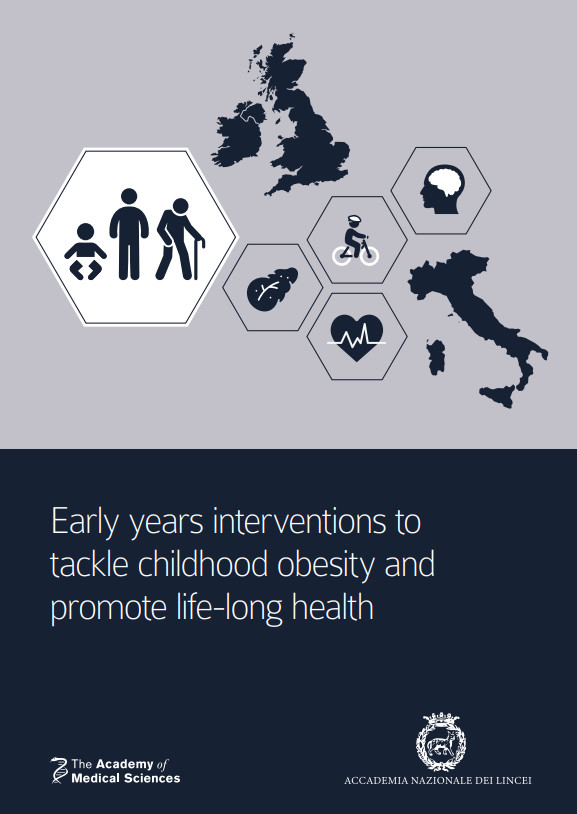The Academy builds strong European partnerships to sustain a resilient European research community and ensure good health for all.
We engage with European National Academies, the EU and member states, and non-EU countries on a variety of health and medical science topics. We aim to grow our European partnerships to extend the reach of our work.
We work closely with colleagues in other National Academies across Europe, as well as through medical academy networks such as FEAM (the Federation for European Academies of Medicine). We collaborate closely to support the mechanisms for science advice in EU policy through contributions to SAPEA (Science Advice for Policy by European Academies) via the European Commission’s Scientific Advice Mechanism. See below some of our recent collaborations and previous work.
Genetic testing and AI, Royal Irish Academy
In partnership with the Royal Irish Academy, we convened stakeholders to discuss Genetic Testing and Artificial Intelligence: Ethics, regulation and governance. A report will be published in Autumn 2025.
Childhood obesity, Accademia Nazionale dei Lincei
In collaboration with Italy's Accademia Nazionale dei Lincei, the UK Academy of Medical Sciences convened a policy workshop resulting in the report 'Early years interventions to tackle child obesity and promote lifelong health'. The report highlights a critical window of just 1,000 days – from pregnancy through to a child’s second birthday – as key to influencing weight patterns that can last a lifetime.
Design of the next Framework Programme, FEAM
In February 2024 we coordinated a joint workshop on the design of the next European Union R&I Framework Programme in Brussels, Belgium. The report discusses successes and challenges of Horizon Europe and sets out a vision for the next Framework Programme.
The human microbiome, Royal Netherlands Academy of Arts and Sciences
In 2022, we collaborated with the Royal Netherlands Academy of Arts and Sciences to deliver the symposium ‘Our microbes, our health: Current research on the human microbiome’.
Previous work
- Advocacy to ensure the UK was granted ‘data adequacy’ allowing EU organisations to continue to transfer personal data to the UK. The Academy supported the Federation of European Academies of Medicine to sign a statement alongside the NHS Confederation, the European Federation of Pharmaceutical Industries and Associations, the British Medical Association and more. EU Members States voted unanimously to grant the UK data adequacy in June 2021 - a crucial decision which was welcomed by our President.
- Collaboration with Germany's National Academy for Sciences Leopoldina on patients with multiple serious diseases.
- A joint symposium on addiction with France's Académie Nationale de Médecine.
- Warning about the potential negative impact of the EU Data Protection Regulation in 2015.
- Ensuring the policy work of the Federation for European Academies of Medicine on the EU Clinical Trials Directive in 2010 was informed by the UK position.
- Informing Medical Devices Regulation in 2013.

